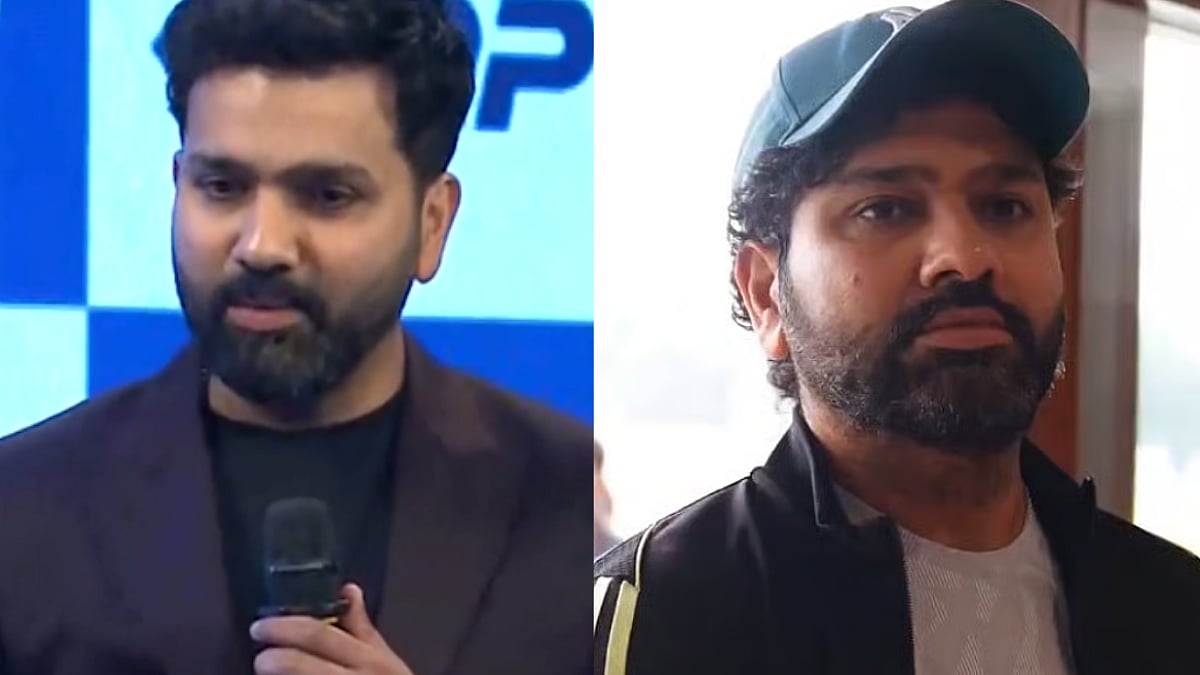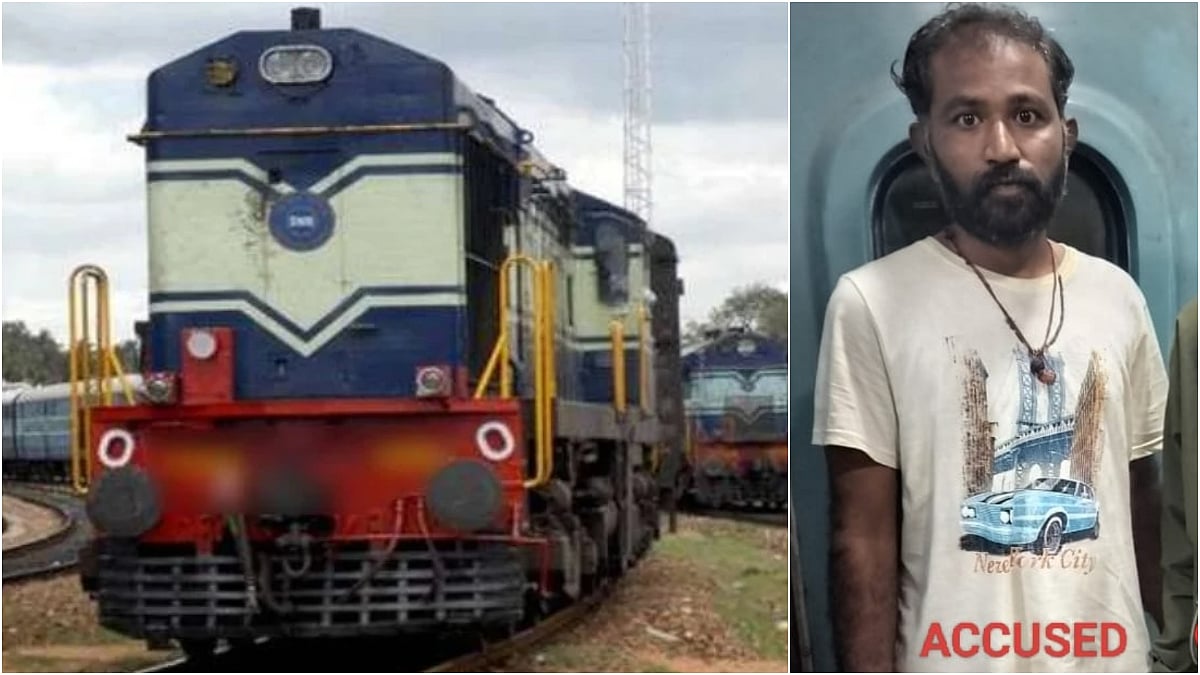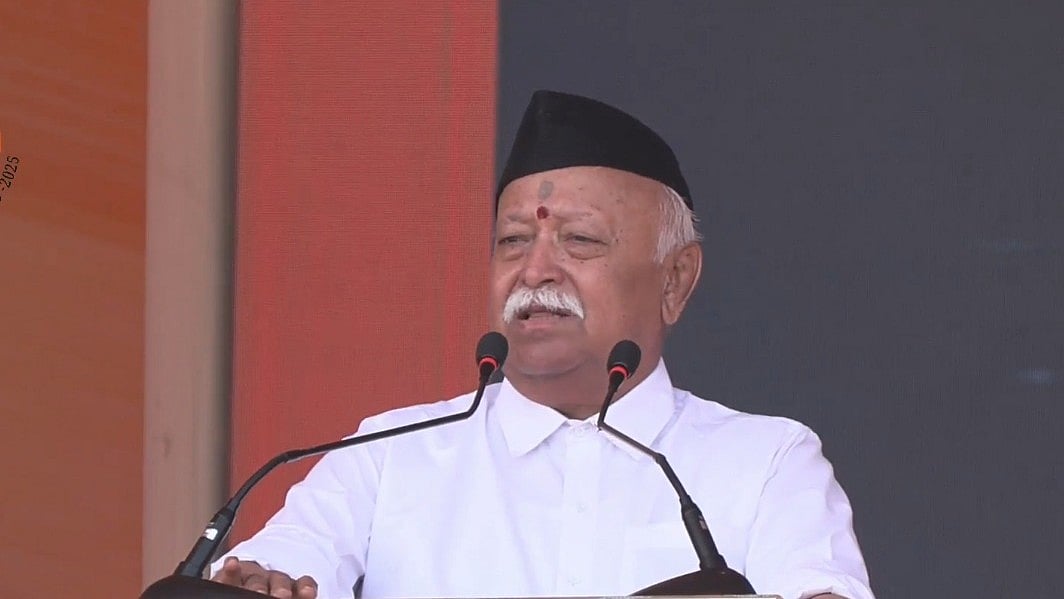Last week for the first time since Bangladesh became independent in 1971, an event was held at Dhaka’s National Press Club extolling Muhammad Ali Jinnah, a figure of hate to those who founded Bangladesh, as the language movement which eventually metamorphosed into a freedom struggle, started in right earnest after Jinnah ruled in March 1948 that “Urdu and Urdu alone” would be the national language of the newly-formed state of Pakistan.
On the fateful day of March 24, 1948, Jinnah, who was then Governor General of Pakistan, addressing a gathering at Dhaka University’s Curzon Hall, made this declaration in a bid to stifle nascent demands that Bengali be given equal status along with Urdu as the national language of his country since a larger percentage of Pakistan’s population lived in its eastern wing and spoke that language.
Earlier in the day he had met a cross-section of Bengali leaders and citizenry from East Pakistan and added insult to injury by asking them if they could point to any instance of great literature written in Bengali to back their contention that the language be given national status along with Urdu. (This despite the fact that the only Asian Nobel Laureate for Literature till then had written exclusively in Bengali!)
That single act of linguistic chauvinism on the part of the man who had been hailed as Quaid-I-Azam by his millions of followers was to cost Pakistan dearer than the any of the sinister theories its leaders have claimed responsible for breaking up that ill-fated nation or led to its current state of financial and political chaos.
On that fateful day in March, for the first time Jinnah was heckled by an audience in Pakistan and had to hear loud calls of “No, no”, challenging his diktat which till then had been taken as the final word in his country.
In December 1971, after Bangladesh emerged from the senseless genocide which killed an estimated over two million people, Jinnah and Urdu were banished from the country’s life.
However 53 years later, after a tumultuous student-led movement forced Awami League and Sheikh Hasina out of power, Jinnah seems to have come “alive” once more, as have forces which had then supported a united Pakistan.
Interestingly, last month, a proposal was floated by a former military officer Abdullahil Amaan Azmi, the son of former notorious Jamaat-e-Islami leader Ghulam Azam, to change Bangladesh’s national flag and anthem – Rabindranath Tagore’s ‘Amar Sonar Bangla’ (My Golden Bengal).
Large numbers of people gathered in various places in Dhaka, Faridpur, Chittagong and other places to sing the country’s national anthem – a song of unity – against the Islamist and revisionist powers that they feared were taking over their country in the guise of a student revolt.
The sudden public display of patriotism by large numbers turned the tide and possibly forced the interim government to issue a statement denying any plans for a change, but the damage had been done.
Loud and ever increasing murmurs against what many in Bangladesh see as the “Jamaatification” of its society and polity have started. Professors and vice chancellors of universities who were either Hindus or liberal Muslim intellectuals have been ousted and pro-Jamaat ideologues, some without the required degrees placed in their places.
In the very early days of the so called student takeover which saw Prof Muhammad Yunus flown in as interim prime minister, there were instances of defacing of Sheikh Mujib’s statues as well as symbols of the 1971 liberation war. A popular backslash had however stopped further damage to recent history.
Bangladesh’s long silent and suffering minorities — Hindus, Buddhists and tribals — also came out in large numbers to protest in many parts of the country, including in Dhaka’s Shahbag area, last week for a second time. Their protest was against the wave of attacks on their homes and forcible “collection” of protection money from them, mostly by local BNP leaders in Moffusil towns and the vast rural hinterland.
A report compiled by a leading Bangladeshi newspaper, ‘Prothom Alo’ (First Light) , which has otherwise been anti-Hasina and pro-Interim government, said 1,068 houses and business establishments owned by Hindus were attacked between August 5 to August 20, that is a period of just 15 days. Some 22 temples were also destroyed.

It also noted that attacks were also launched against members of the Ahmedia community, Christians and tribal ethnic groups. Among properties burnt down were large garments factories which fetch the country’s its single largest source of foreign exchange.
Many blame these attacks on Islamists and pro- Jamaat factions. The Jamaat-I-Islami (which later became Bangladesh Jamaat) along with Muslim League were the biggest supporters of Pakistan during the 1971 liberation war and opposed the formation of Bangladesh by helping raise armed Razakaar units which attacked people – freedom fighters’ families, intellectuals suspected of supporting secession and of course minorities, forcing some 10 million people to flee to India as refugees.
The Jamaat and other rabid pro-Pakistan forces did not die out with the birth of Bangladesh. They went dormant or underground. During the periods of military rule and at other times when they found it expedient, they rallied and became a force in the country with or without popular support.
The less rabid Muslim League which too had supported Pakistan also cahngedits colours since 1971 and its members either joined the Bangladesh Nationalist Party floated by General Ziaur Rahman or Gen H M Ershad’s Jatiyo Party.
However, the fact remained that a quarter of Bangladesh’s population remained wedded to the idea of Pakistan or to Islamist politics. Another quarter to a third of its population supported independence and liberal politics, while the rest of the populace swayed from one side to the other.
This time round the “silent majority” seems to have voted on the streets against Hasina and Awami League. However that does not mean they have voted for the Jamaat’s hard line anti-minority or anti-Indian vision or for against the idea of a sovereign Bangladeshi nation which has cuts its umbilical chord with Pakistan.
Besides the anger on the streets against the removal of good, legitimate educationists and support for the symbols of national liberation, there is also revulsion among the country’s middle class at attempts to foment a pro-Pakistan and anti-India stance which can be seen in their social media posts.
There has been a significant outcry against a lecture last week which advocated a military treaty with Pakistan which may give Bangladesh a nuclear deterrent against India, by a little known Prof M Shahiduzzaman formerly of Dhaka University’s international relations. Though the lecture by a known pro-Jamaat intellectual, initially gained traction on social media and was quoted by a number of X handles which cater to that country’s armed forces, others soon came around to attacking the notion and dubbing it for what it was – revisionist and unrecognising of the facts of history.
There has also been a popular backlash against charging some 52 journalists, most of them liberal writers, with murder raps, forcing them to go underground. Many more journalists have been forced out of jobs and some left without means to support their families.
Yunus himself after an initial bout of anti-Indian statements which BBC described as “megaphone diplomacy” seems to have changed his stand and told a German television channel that Bangladesh needs good relations with India “out of its own necessity”. He significantly admitted that India is not only the country’s “biggest neighbour but also the only neighbour” as it surrounds it from all sides.
This, one would imagine is the opportunity for India not only to come up with a significant outreach to the Bangladesh government of the day, legitimate or illegitimate as it may be, as also to once again to try build strong people to people relations.
Simultaneously, there is need for India to support the forces — new and old — who support a liberal Bangladesh, where all sections of society can live in peace.
India needs come up with a renewed diplomatic effort for ordinary Bangladeshis to be invested in India — economically, culturally, through education, through trips to show a doctor in Kolkata or to buy the latest fashion in New Market.
Possibly, India needs to step up its efforts to also protect the fourth estate at least in its neighbourhood, so that its point of view can be reflected of what remains of Bangladesh’s press after more than a dozen news outlets had their offices attacked ore burnt.
However, all this has to be done even as India’s security agencies redouble their efforts to guard against rabid Islamist elements in Dhaka that may yet try and make hay with a wave of terror not only in Bangladesh but also in eastern India as they did in the late 1990s and early 2000s.
Diplomacy and safeguards have to go hand in hand as India treads in its very difficult and very problematic neighbourhood.
The writer is former head of PTI’s eastern region network












